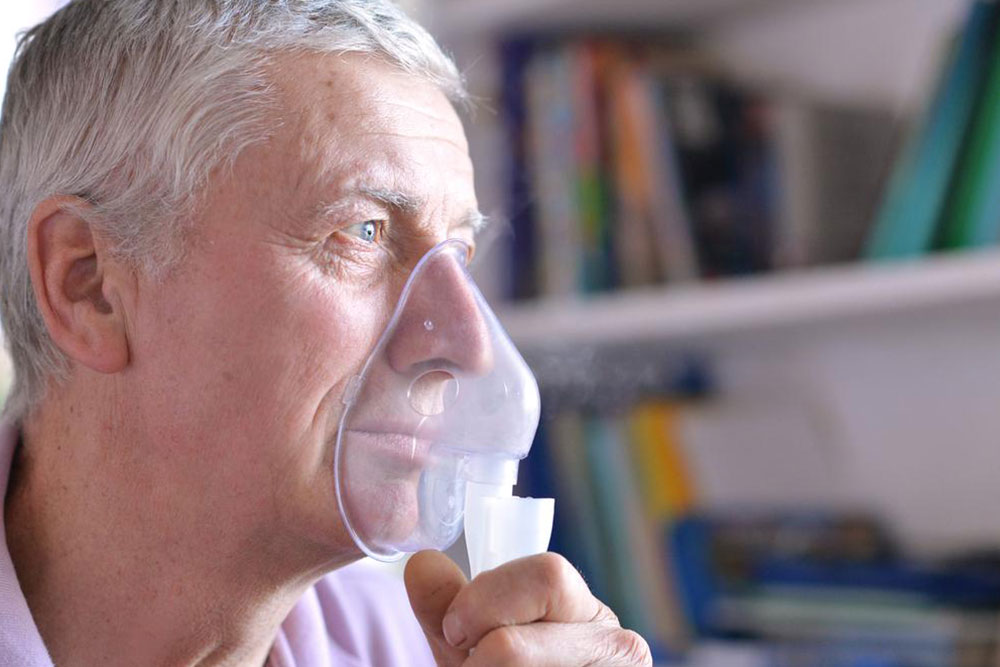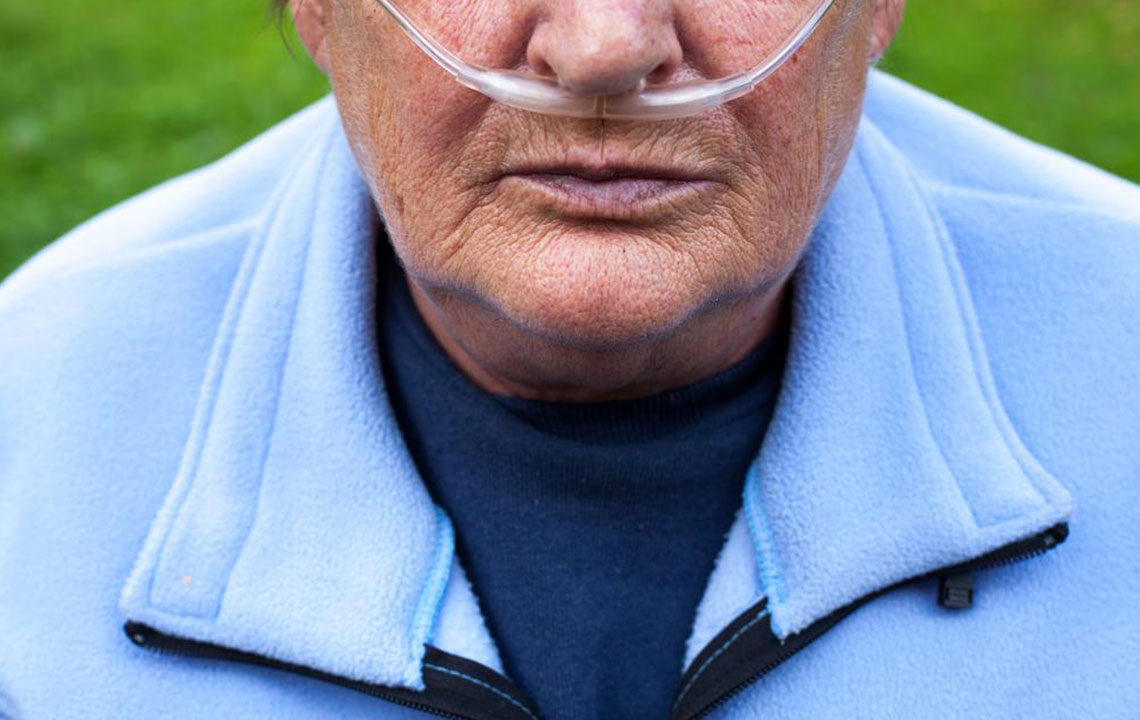Understanding the Causes of Hemoptysis
Hemoptysis, or coughing up blood, can signal serious health issues ranging from infections to lung cancer. The severity depends on the amount of blood and underlying causes. Immediate medical attention is essential for large quantities or associated symptoms. Proper diagnosis and treatment are crucial to prevent life-threatening complications. Recognizing symptoms early and seeking prompt care can save lives and ensure appropriate management of this potentially dangerous condition.

Understanding the Causes of Hemoptysis
Seeing blood when coughing can be quite frightening, whether it's a tiny amount or a large volume. Hemoptysis, or coughing up blood, may signal a serious health problem. The blood may originate from your throat, airways, lungs, or nose.
The presence of blood in your cough indicates an underlying health issue. The severity depends on how much blood is coughed up and how long it lasts. The blood, mixed with mucus and air, often appears bubbly or frothy. It is usually bright red but can sometimes look rust-colored.
Common Reasons for Coughing Up Blood
The causes of blood in coughs range from minor infections to serious conditions like lung cancer.
Typical causes include:
Minor respiratory infections
Chronic obstructive pulmonary disease (COPD)
Asthma
Throat infections
In contrast, extensive or frequent bleeding during coughing can indicate severe illnesses such as:
Chest injuries or trauma
Inhalation of foreign objects
Lung malignancies
Tuberculosis
Cystic fibrosis
Pulmonary embolism
Lung artery injuries
Some medical diagnostics or procedures, including spirometry, laryngoscopy, nasal surgeries, or airway biopsies, may also cause blood in coughs.
These episodes are usually brief and not alarming.
Interpreting Hemoptysis
Understanding the seriousness depends on its cause. Emergency medical attention is necessary if:
You cough blood immediately after chest injury
Large amounts of blood are coughed up (more than a few teaspoons)
You notice blood in urine or stool
You experience dizziness, weakness, or shortness of breath after coughing blood
Coughing up blood is a medical emergency that requires prompt attention. A thorough evaluation, diagnostic tests, and proper treatment are essential. Left untreated, severe hemoptysis can be life-threatening.










